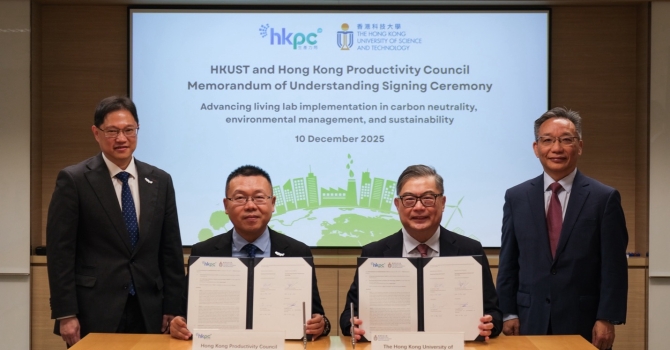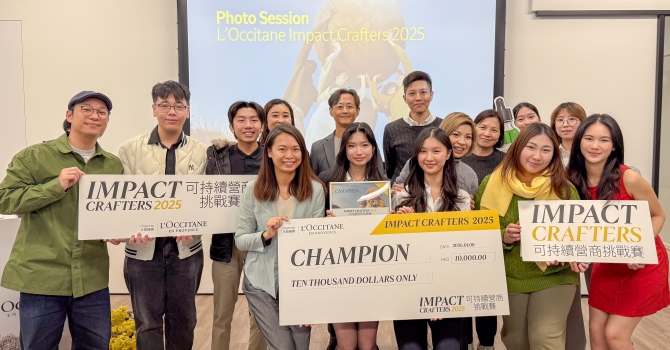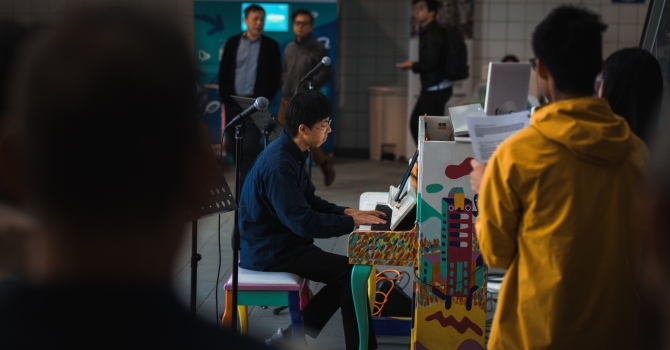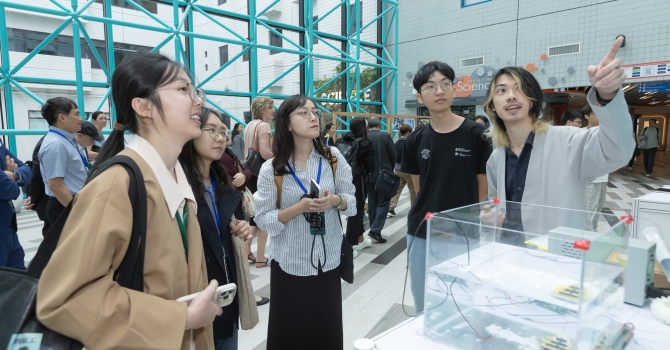Restore Our Planet
The 17 Sustainable Development Goals (SDGs) of the 2030 Agenda for Sustainable Development officially came into force. Over the next fifteen years, with these new goals that apply to all in all instances, countries will mobilize efforts to end all forms of poverty, fight inequalities and tackle climate change while ensuring that no one is left behind. We are now halfway to the UN’s SDG target year of 2030. Due to Covid-19, many SDG goal areas have been slighted, yet we are still striving to reach our targets in other areas.
Let’s shed some light on the improved SDG Goals. By 2030, SDG 1 (End Poverty in All its Forms Everywhere) aims to eradicate extreme poverty for all people everywhere. The World Bank estimates that approximately 9.25% of people live in extreme poverty worldwide, measured as people living on less than the US $1.25 daily. The global poverty rate decreased by 0.5% from 2017 to 2018, equivalent to 28 million poor people declining between the two years. It highlights a continued reduction in extreme poverty at the global level, despite a slower pace in recent years, as previously noted. According to the 2022 Sustainable Development Goal Report, when COVID-19 began disrupting the lives of people in the Philippines, it became even more challenging for the Philippines family to make ends meet. Organizations such as The Ministry of Social Services and Development and the UN provided extending help to these families. Even though a severe pandemic has been going viral recently and destroying people’s lives, we can still see uplifting events and alleviating poverty.
In achieving SDG 13 (Climate Action), even though a total of 193 Parties in the world have already signed the Paris Agreement and has targeted reducing 45% of greenhouse gases and keeping warming to no more than 1.5 degree Celsius, we would lead to a sizeable increase of almost 14% in global greenhouse gases emission by 2030. An increase in 1.5 Degree Celcius would lead to untenable disasters on earth, including 70% of coral vanishing, which means 4000 species of marine animals will be affected. Getting to net zero requires all governments – first and foremost the biggest emitters – to significantly strengthen their Nationally Determined Contributions and take bold, immediate steps towards reducing emissions. The ten most prominent greenhouse gas emitters contribute over two-thirds of global emissions. It is not about one country’s responsibility anymore. We need a solid and immediate collaboration with all the countries to accomplish our SDG goals.
As for us, students, staff, and one of the community members in HKUST, can all contribute to specific targets. It was a joint effort for HKUST to reduce the waste sending to landfill by 53% in 2021/22 compared to the base year of 2014. Our strategies focused on four key areas: recycling, food waste collection, composting, and reductions at source. By engaging our members and raising the awareness of waste reduction and recycling, the effort will help reduce air and water pollution, greenhouse gases, and conserve natural resources. Other actions include separating trash for recycling before disposal, selecting Grade 1 energy label in every electronic product, and choosing vegan instead of meat can all contribute to SDGs.
Each of our small action would count and make a difference together. Do not underestimate our power in saving the planet. Different from other specific goals that can be accomplished by individuals or a group of people, SDGs require everyone on Earth to join hands together and create a different story for our world.



